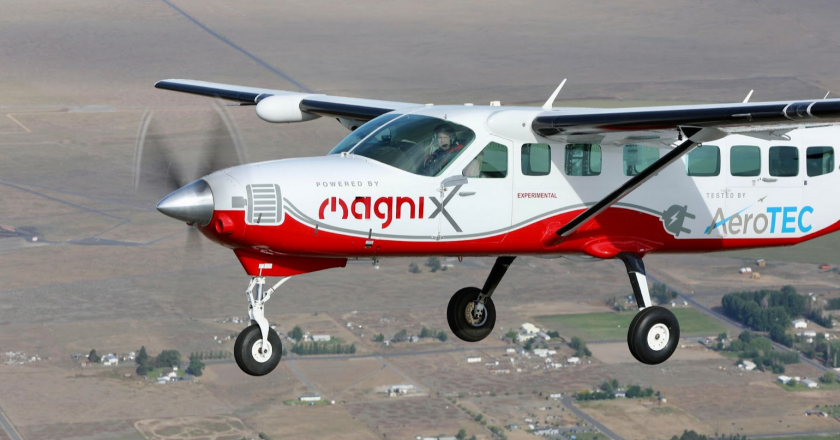Can Aviation Decarbonize?
A detailed look at the most probable path forward
Alex Nedelcu and Miguel Castro Gracia, Leonardo Times Editors
Quoting the International Air Transport Association, in 2024, “there was no let-up in the industry’s determination to achieve net zero carbon emissions by 2050” [1]. But beyond the promotional material, is the aviation sector really on the way to decarbonizing in time to avoid the most dangerous climate scenarios? Or is the industry’s continued growth fundamentally incompatible with sustainable transport?
Commercial aviation has increased more than eighty-fold since the 1960s, with a 3% average yearly growth rate. It has already contributed around 3.5% of the total anthropogenic global warming to date and now contributes around 5.9% of ongoing emissions. While global war...

